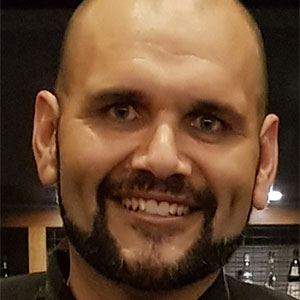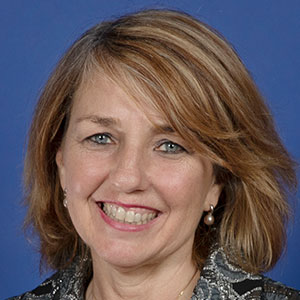Evidence suggests some Aboriginal people are cautious about COVID-19 vaccines. Cory Paulson, Aboriginal Mental Health Clinician and Lyndal Trevena, general practitioner, discuss the importance of shared decision-making between Aboriginal people and healthcare providers.
Community and family obligations often influence health-related decisions made by Aboriginal people; however, conversations with healthcare professionals can help us all make informed choices about our health.
Findings from a study with Aboriginal people suggest some community members are cautious about COVID-19 vaccines. This confirms recommendations from the Collaboration on Social Science in Immunisation steering group, that Aboriginal and Torres Strait Islander people may need to yarn about COVID-19 vaccines and ask questions.
To support equal access to the COVID-19 vaccine, the Agency for Clinical Innovation has worked with the Aboriginal community to adapt culturally appropriate shared decision-making resources, for Aboriginal people and health professionals to use when making COVID-19 vaccine decisions.
Developed with mob, for mob
The Finding your way model and related resources were developed with a working group of Aboriginal health workers and community living and working across NSW on Eora, Wilyakali, Gandangara, Wiradjuri, Bundjalung, Darug and Yuin lands.
In considering what the model might look like, we took the 8 Ways of Learning Aboriginal Pedagogy and applied it to a shared decision-making approach called the Three-Talk Model.
The 8 Ways framework provides Aboriginal ways of learning and knowing that include cultural sensitivity and responsiveness. Applying it to the Three-Talk Model validates the culture of health-consumers and Indigenous staff using the Finding your way model and resources.
Through yarning sessions, the working group reconstructed the Three-Talk Model to include culturally relevant Aboriginal artwork, symbols and components.
Artwork by Aboriginal artist Belinda Coe is featured across the resources. It tells the story of one’s journey, choosing different paths, and learning and growing until purpose and a final destination is found.
The value of shared decisions in healthcare
Shared decision making involves clinicians and consumers discussing their healthcare options – the benefits and potential risks; and weighing these up while considering the consumer’s preferences and values. It is a core component of the Australian National Safety and Quality Health Service Standards.
Shared decision making increases informed choice, consumer engagement and improves health outcomes. It can be particularly beneficial:
- for discussions with people who have lower health literacy
- to personalise evidence-based discussions with people from different cultural and social backgrounds.
How Finding your way works
The eight inner circles of the Finding your way model represent the core elements of shared decision making. Within each circle, there is a prompt for yarning about COVID-19 vaccines.
Using the model and other resources, clinicians can support Aboriginal people and work through shared decision making together. The clinician’s role as part of the decision-making journey is to:
- use the model and resources to provide a safe environment for the conversation to happen
- have evidence-based information on-hand to provide
- have knowledge of health-issues impacting the person
- have knowledge of the cultural and social determinants effecting Aboriginal people, using the model to inform this knowledge.
It’s important for clinicians to signal when there is a choice between more than one option and to invite consumers to participate in the decision together. Encourage consumers to use the model to indicate what is important to them and start yarning about that.
Creating the Finding your way model has been an organic and responsive process, which will have an impact on the way Aboriginal people make health decisions, and how clinicians support the decision-making journey, now and into the future.
About Cory Paulson
 Cory is an Aboriginal Mental Health Clinician at Far West Local Health District. He is a proud Worimi and Minjingbul man living and working on Wilyakali land. Cory was involved in the working group to develop the Finding your way model and resources. He is featured in one of the videos explaining how to use the model.
Cory is an Aboriginal Mental Health Clinician at Far West Local Health District. He is a proud Worimi and Minjingbul man living and working on Wilyakali land. Cory was involved in the working group to develop the Finding your way model and resources. He is featured in one of the videos explaining how to use the model.
About Lyndal Trevena
 Lyndal is Professor Emerita in the Faculty of Medicine and Health at the University of Sydney. She has been researching in the field of shared decision making for the past two decades. She is also a GP and is currently working with the COVID-19 response team at the Public Health Unit in Western Sydney. Lyndal was involved in the working group to develop the Finding your way model and resources. She is featured in one of the videos explaining the question prompt cards for clinicians.
Lyndal is Professor Emerita in the Faculty of Medicine and Health at the University of Sydney. She has been researching in the field of shared decision making for the past two decades. She is also a GP and is currently working with the COVID-19 response team at the Public Health Unit in Western Sydney. Lyndal was involved in the working group to develop the Finding your way model and resources. She is featured in one of the videos explaining the question prompt cards for clinicians.